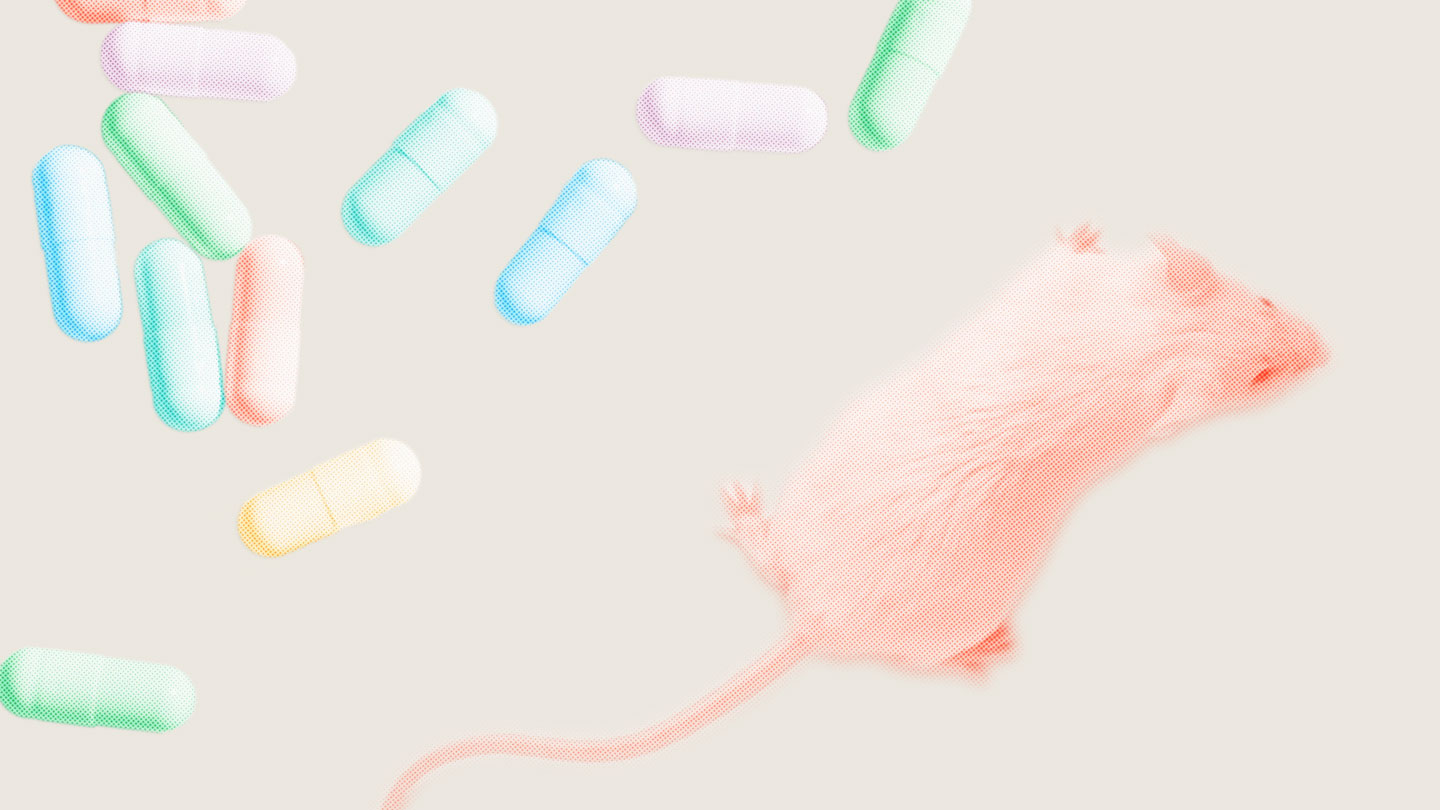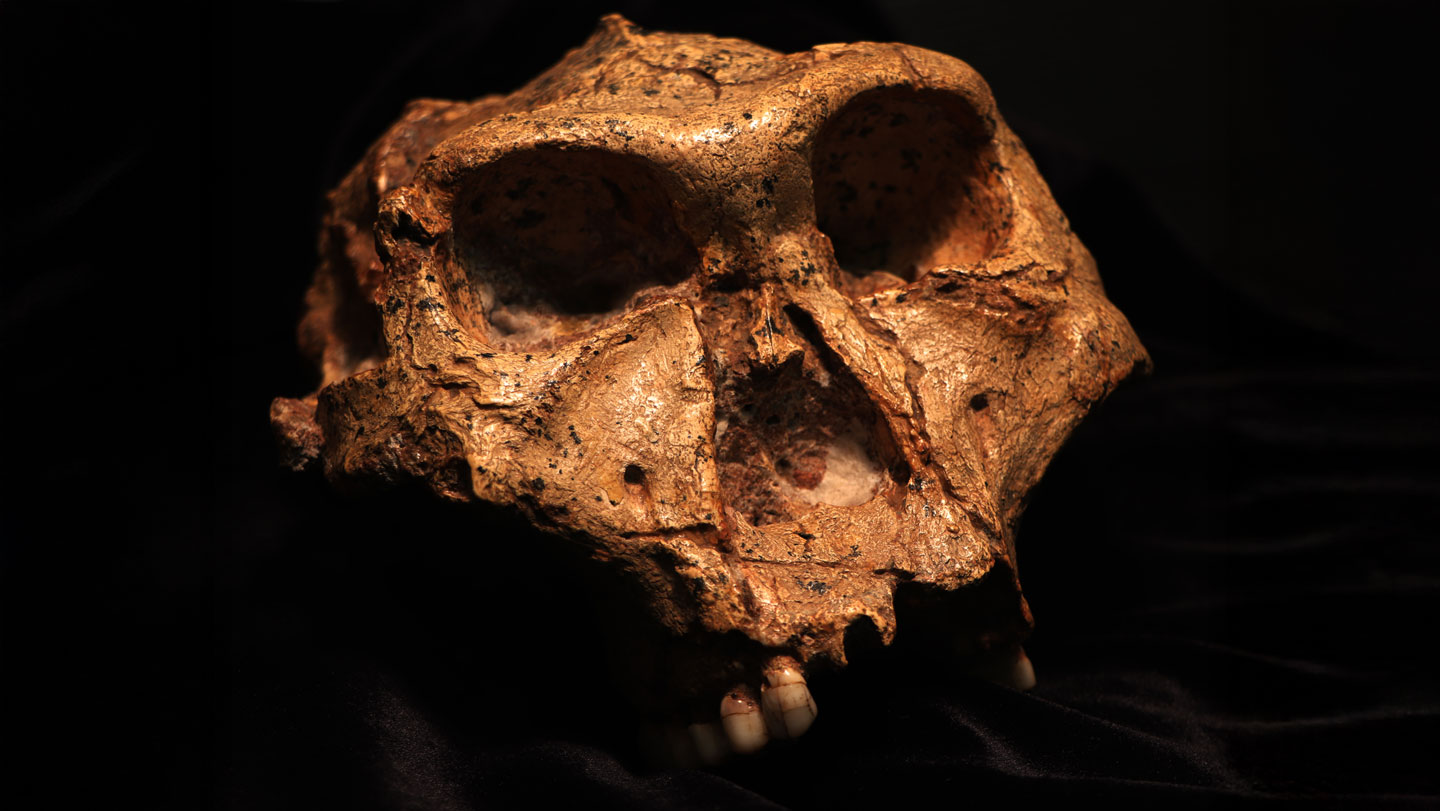Sugar is a siren song to many people. But some friendly gut bacteria might help you resist its lure. At least that’s what ads for some probiotics claim.
For years consumers have been bombarded with supposed health benefits of taking probiotics: improve gut health, get more energy and “feel lighter.” Some also claim to reduce sugar cravings.
But can a daily dose of bacteria really calm cravings for candy and cookies?
The idea is not totally out there. Studies with mice have found that missing some bacteria, Lactobacillus salivarius, L. gasseri, L. johnsonii and Muribaculaceae, can send the animals on sugar benders. And it’s not just sweets; mice missing L. johnsonii and Muribaculaceae will also gorge on high-fat foods. “Anything that’s pleasurable, the mice will eat more if they’re missing these organisms,” says microbiologist Sarkis Mazmanian of Caltech. Returning the microbes to mice reduces bingeing.
In a recent study in Nature Microbiology, researchers in China discovered how the gut bacterium Bacteroides vulgatus and a molecule it produces — pantothenate, aka vitamin B5 — can reduce rodents’ preference for sugar.
The researchers studied mice genetically engineered to lack FFAR4, a sensor for some fatty acids, in their guts. For unknown reasons, lacking this sensor causes levels of B. vulgatus and pantothenate to go down, and these mice gorge on sugar. Giving the bacteria and vitamin to these mice lowered sugar consumption — all thanks to a chain reaction involving GLP-1, a protein that has become famous because semaglutide drugs such as Ozempic mimic its action in controlling blood sugar and weight.
Pantothenate stimulates GLP-1 production. In turn, GLP-1 spurs production of a protein called FGF21. That protein does something — scientists aren’t yet sure what — in the hypothalamus, an appetite-control center in the brain, to reduce the desire for sugar.
B. vulgatus reduced sugar cravings only in mice lacking FFAR4. That suggests the bacterium or vitamin B5 may do nothing to stop sugar cravings in most people because they have intact FFAR4, Mazmanian says.
And in some cases, it may even be harmful. “There’s some evidence that B. vulgatus has a dark side,” he says. The organism can cause intestinal inflammation in rats with certain genetic alterations. While most people don’t share the rats’ mutations, an excess of B. vulgatus could cause tummy troubles for some.
Even if the animal data are suggestive, the reality is, no one knows whether any bacteria that reduce sugar cravings in mice will do the same for people. It just hasn’t been tested yet in people, and what works in lab mice sometimes fails to hold up in human studies.
Companies aren’t even required to test probiotics in people or prove that they work, says Pieter Cohen, an internal medicine doctor at Harvard Medical School who studies supplement safety. Because probiotics are sold as dietary supplements, they aren’t subject to regulation by the U.S. Food and Drug Administration.
As long as they don’t claim to treat diseases, Cohen says, companies can market their products as they choose, though they do need some evidence to back up their claims. That evidence? Mostly animal data.
“It is disconnected from any actual evidence in humans that they work,” Cohen says.
Even Mazmanian, who studies beneficial bacteria, has reservations about commercial probiotics. “In 2025, I’m still skeptical of these claims,” he says. Products that claim to reduce sugar cravings don’t even contain the organisms that seem to satisfy mice’s sweet tooth.
Even if a benefit were found in humans, each person’s unique biology, genetics and microbiomes could cause individual results to vary widely, he says. “Any biology that we discover … is not going to apply to everybody.”










